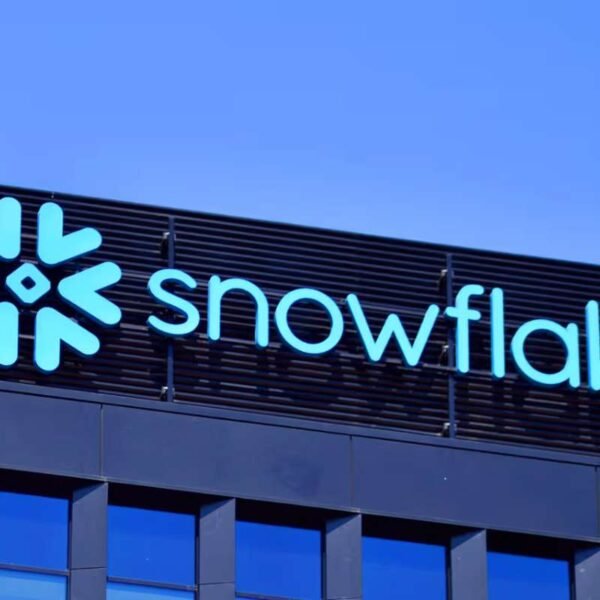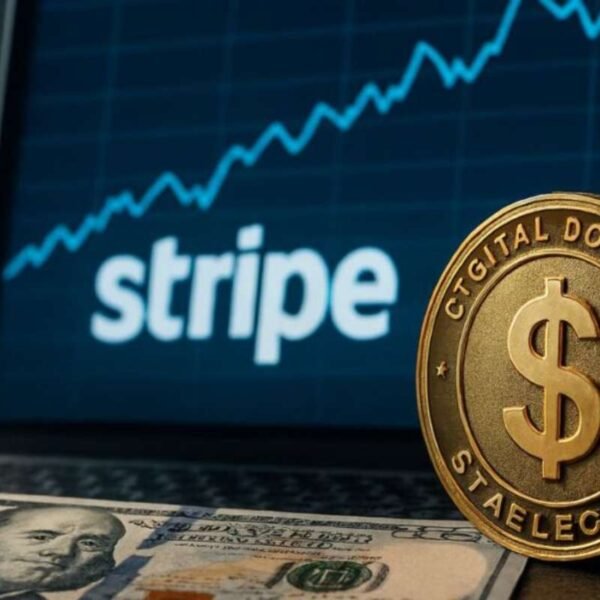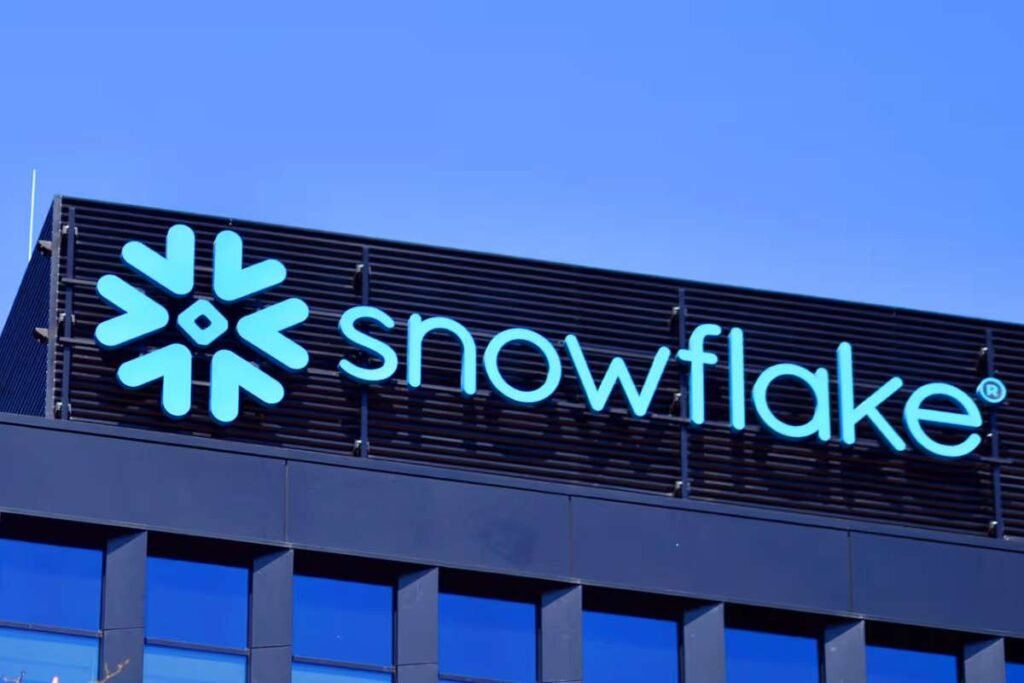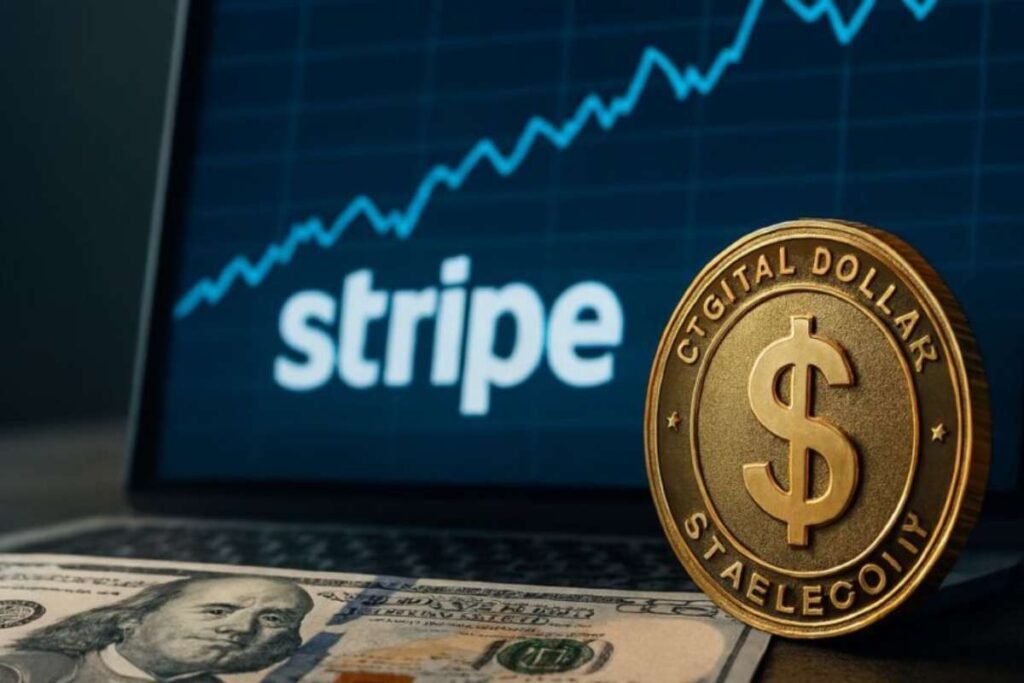Inflation is expected to be on a rollercoaster ride in the coming year, according to BlackRock, due to two significant shifts impacting the US economy.
Pandemic-Induced Consumer Behaviour Changes
The first significant shift in the economy stems from the pandemic’s impact on consumer behavior. Due to COVID-19, consumers altered their spending patterns, favouring tangible goods over services.
However, this shift has created a challenge because the increased demand for goods has sometimes outpaced industries’ capacity to supply them efficiently. This disconnect between consumer demand and production capability has contributed to inflation during the post-pandemic period.
Chronic Labour Shortages: A Persistent Challenge
The second factor is the chronic shortage of workers as the Baby Boomer generation retires from the labour market. Even though the labor force participation rate remains slightly below pre-pandemic levels, there is still a shortage of available workers. In a tight labour market, workers have the leverage to demand higher wages, further fueling inflation.
BlackRock’s Rick Rieder: The Fed will start cutting rates in the second half of 2024
While much of the resulting inflation has subsided over the past year as the economy adjusted to the supply-demand mismatch caused by the pandemic, BlackRock strategists warn that this trend is likely to change soon.
As the resolution of the supply-demand mismatch reaches its end and labour shortages persist, inflation is expected to rise again in 2024. A smaller workforce will limit the economy’s ability to grow without experiencing resurgent inflation.
Inflation Eases, But For How Long?
Experts warn of rising inflation’s negative impact on stocks and assets, and the Federal Reserve is expected to maintain high interest rates to curb it. These rising rates have already strained stock markets, resulting in their worst performance in September.
Prolonged high interest rates heighten the risk of a recession, with a 61% chance by August 2024, as per the New York Federal Reserve. Despite hopes for economic stability, BlackRock anticipates an inevitable recession, previously warning of a “full-employment recession” in the U.S., driven by market volatility, rising inflation, and sharp market swings.
In conclusion, BlackRock anticipates that inflation will be volatile in the near future due to two unprecedented shocks: the shift in consumer behavior caused by the pandemic and the persistent labor shortages. These factors are expected to result in inflation resurging in 2024, while the economy faces the challenges of higher interest rates and the risk of a recession.










